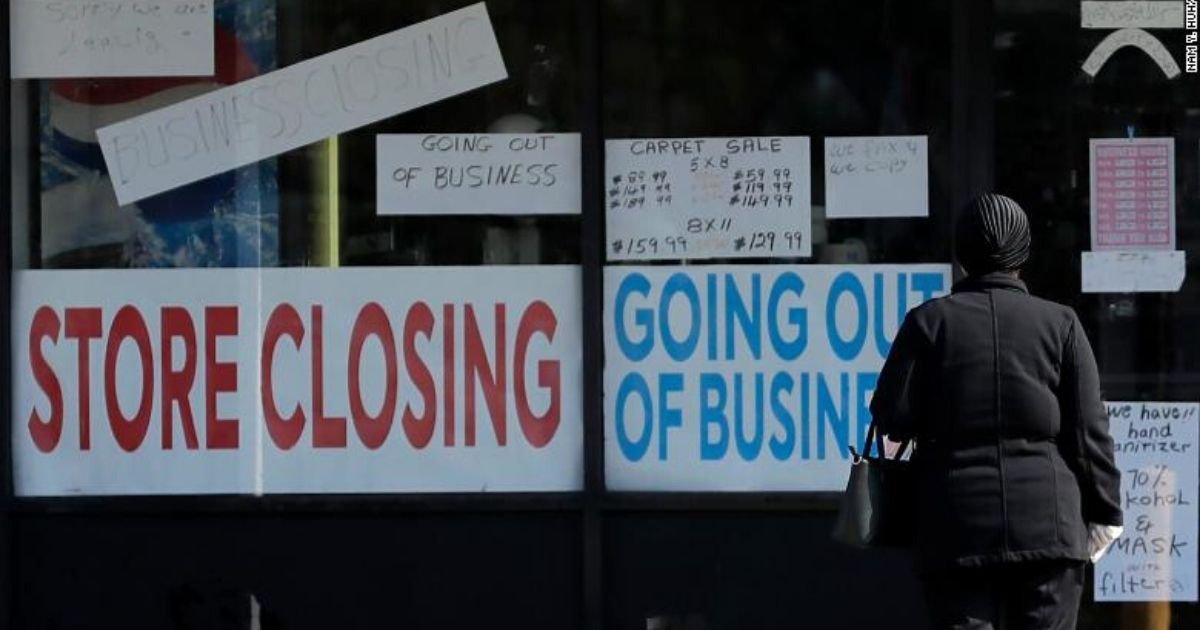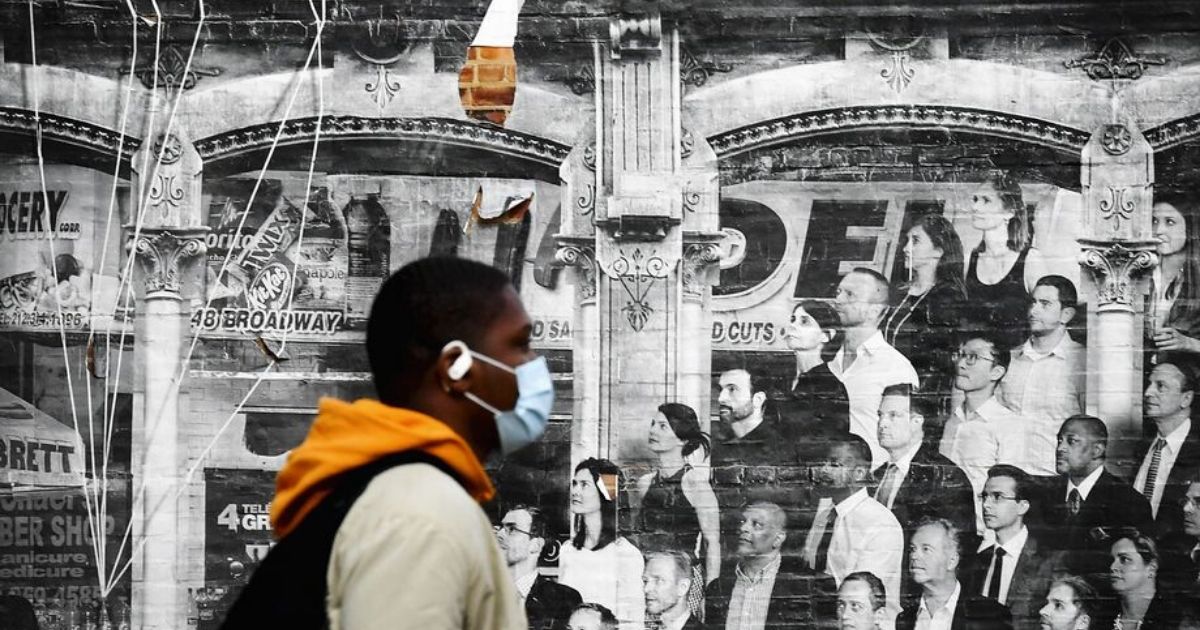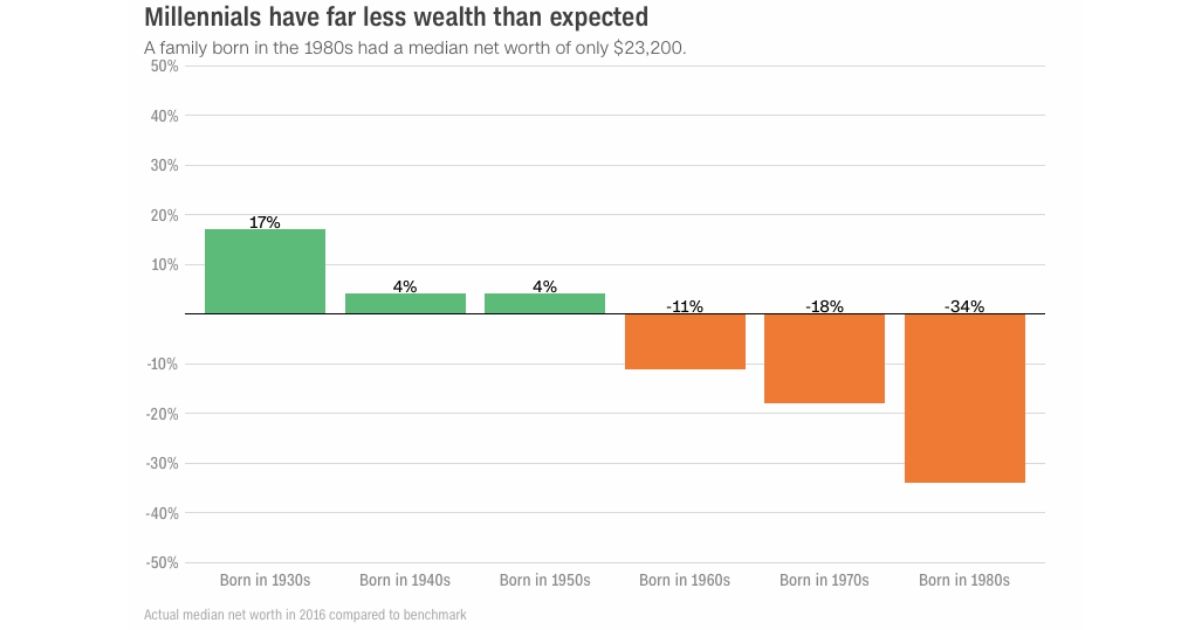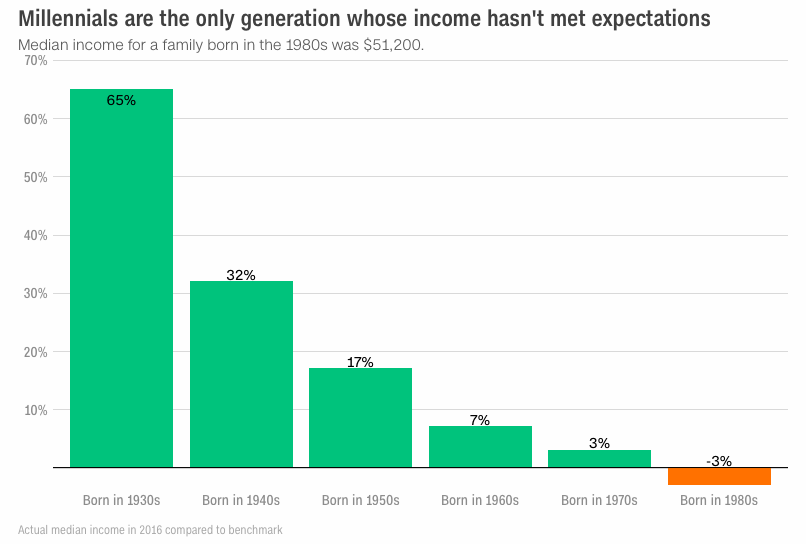Rachel Friend started 2020 with a very optimistic view of the future.
She and her partner, Adam Tuthill, welcomed their second child in late January. The couple was making decent money and hoping to buy a house in the coming year.
Then the coronavirus pandemic happened and upended their plans.
The 30-year-old Rachel was furloughed from her job in a restaurant’s bakery section in mid-March and struggled to get all her unemployment benefits like many others. While her partner, Tuthill, 38, saw his business as an independent commercial fisherman dry up during his most profitable season.
Instead of socking away money for their family, the couple from Fort Pierce, Florida is living off their tax refund, stimulus checks, and partial unemployment payments.
“I feel like my generation has just received no breaks,” Friend said. It’s hard since this is the second time her life has been derailed by an economic disaster.
“When I graduated from high school in 2008, it was a recession. Now, here I am, I just started a family, and I’m basically in another recession.”
While Americans of all ages are being hit hard by the economic downturn due to the coronavirus pandemic, millennials are especially at risk.
Millennials, who are 24-40 years old by now, have a little financial safety than other generations had at their age to protect them from economic uncertainty and job losses.
“Millennials as a whole were more vulnerable going into this,” said Ana Hernandez Kent, a policy analyst at the Federal Reserve Bank of St. Louis.
“Especially for those who have lost jobs, lost their income, and then have no wealth safety net to fall back on, they could really, really suffer from this and be hard-pressed to recover.”
According to St.
Louis Fed research, many of the millennials came of age at the worst possible time, when the economy collapsed after the 2008 financial crisis. That downturn has trailed older millennials for years, making them the only age group to fall below expectations for both income and wealth in 2010 and then drop further behind in 2016.
Another reason why millennials are less wealthy than other generations were at their age is they have lower rates of homeownership, which is often key to building net worth.
The coronavirus outbreak led to the loss of more than 20 million jobs last April as different states ordered residents to stay home and non-essential businesses to close.
“Young families are going to be put under a lot of pressure through this experience,” said Reid Cramer, a senior fellow at New America who directed the think tank’s Millennials Initiative.
However, millennials have some factors working in their favor. They are more educated than prior generations and still have time to build wealth.
The massive shift to telecommuting today may lead to even bigger changes. People are now starting to work from home.
“Maybe living out in the middle of nowhere is okay, maybe we could telework,” said Clinton, 35. “I’m feeling like we can dream a little bit more. There are more possibilities.”







